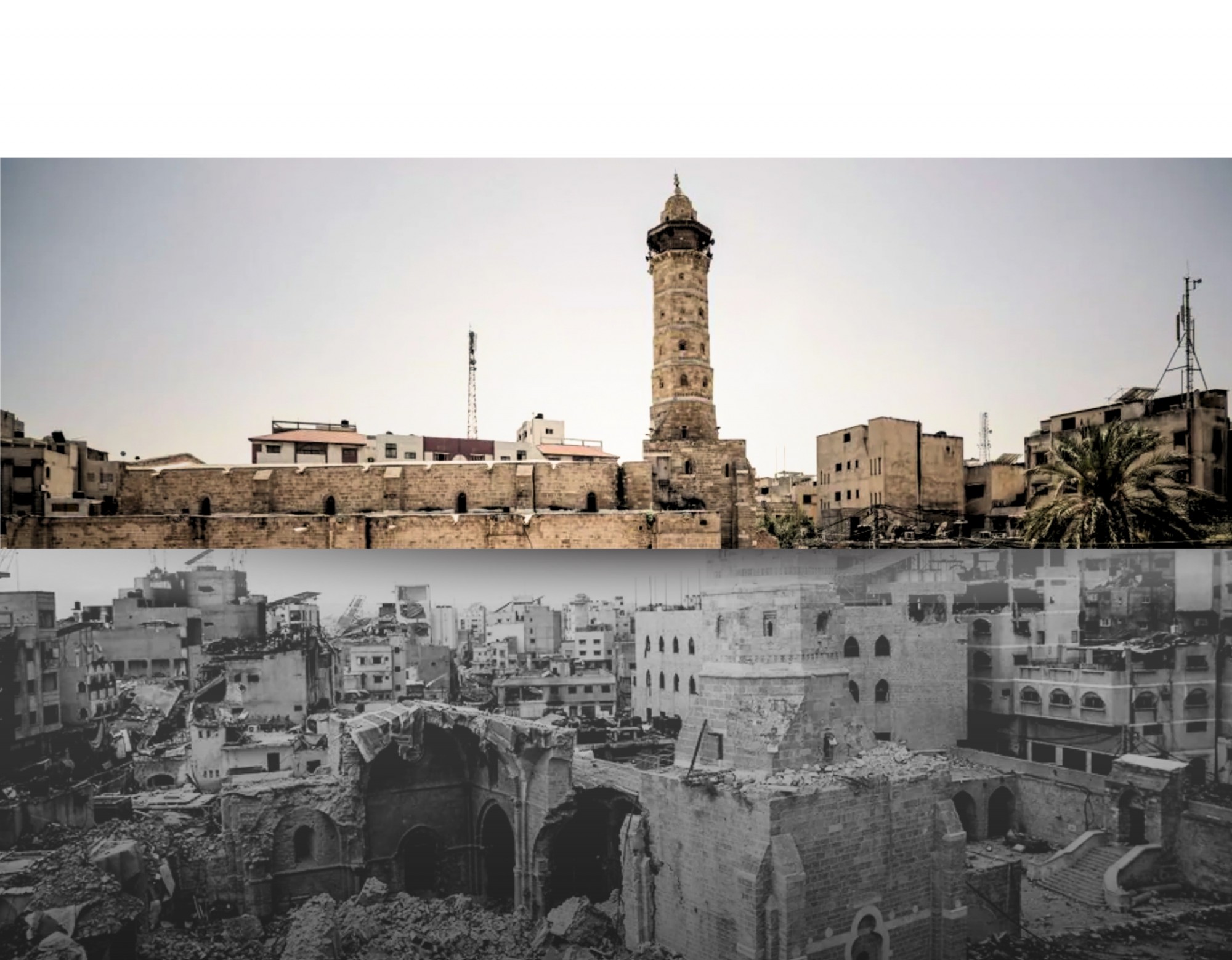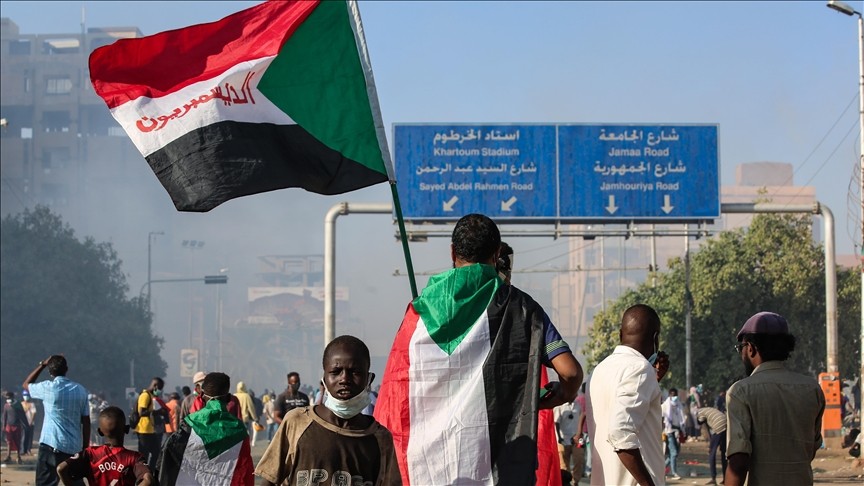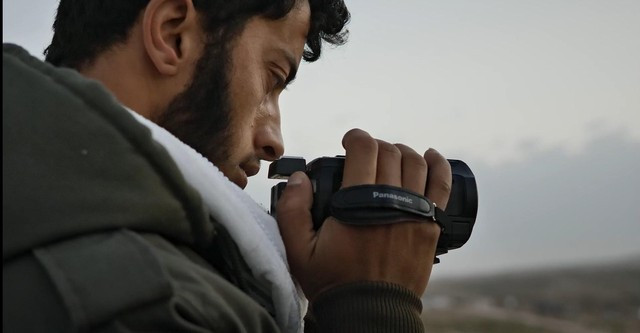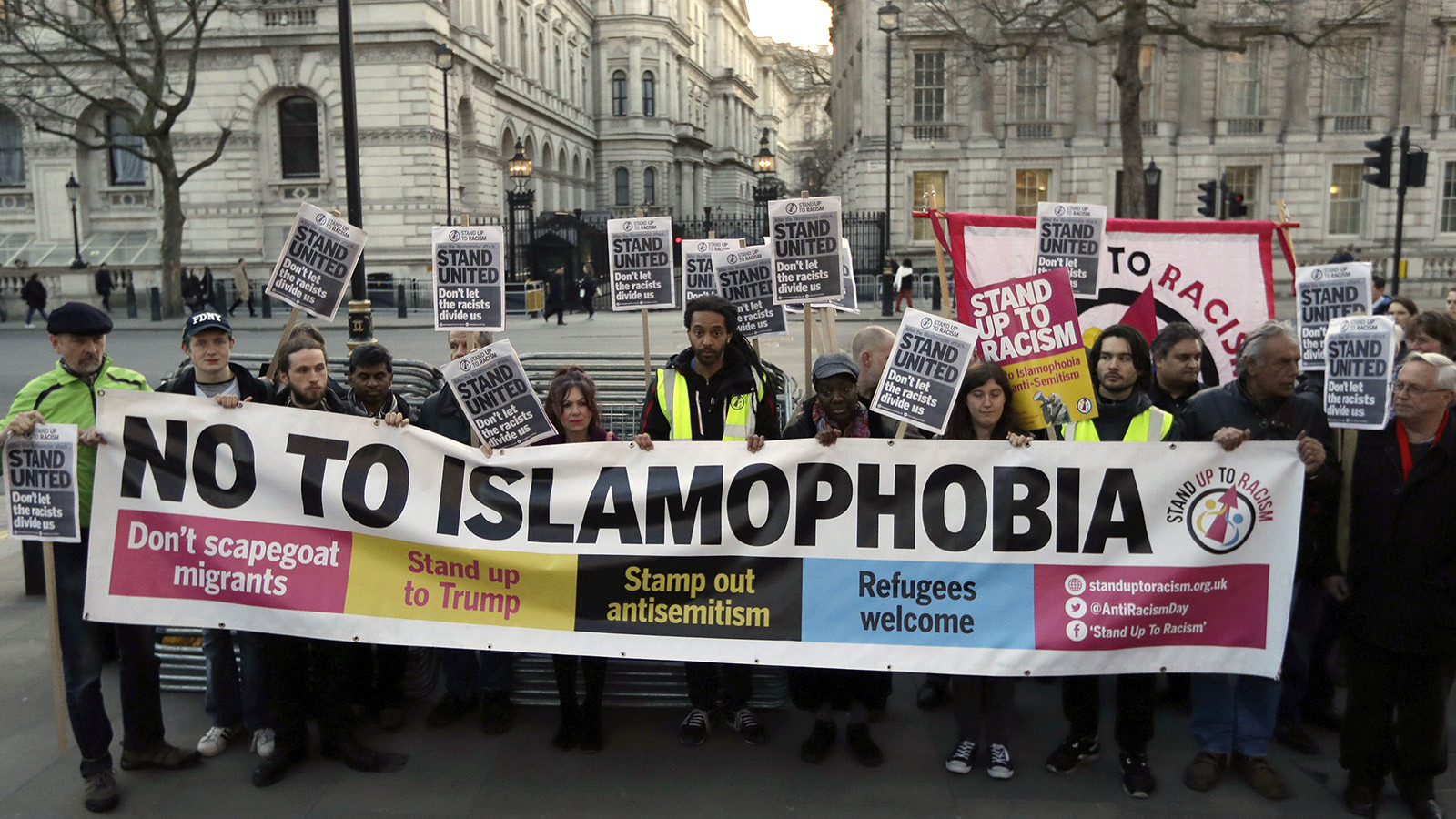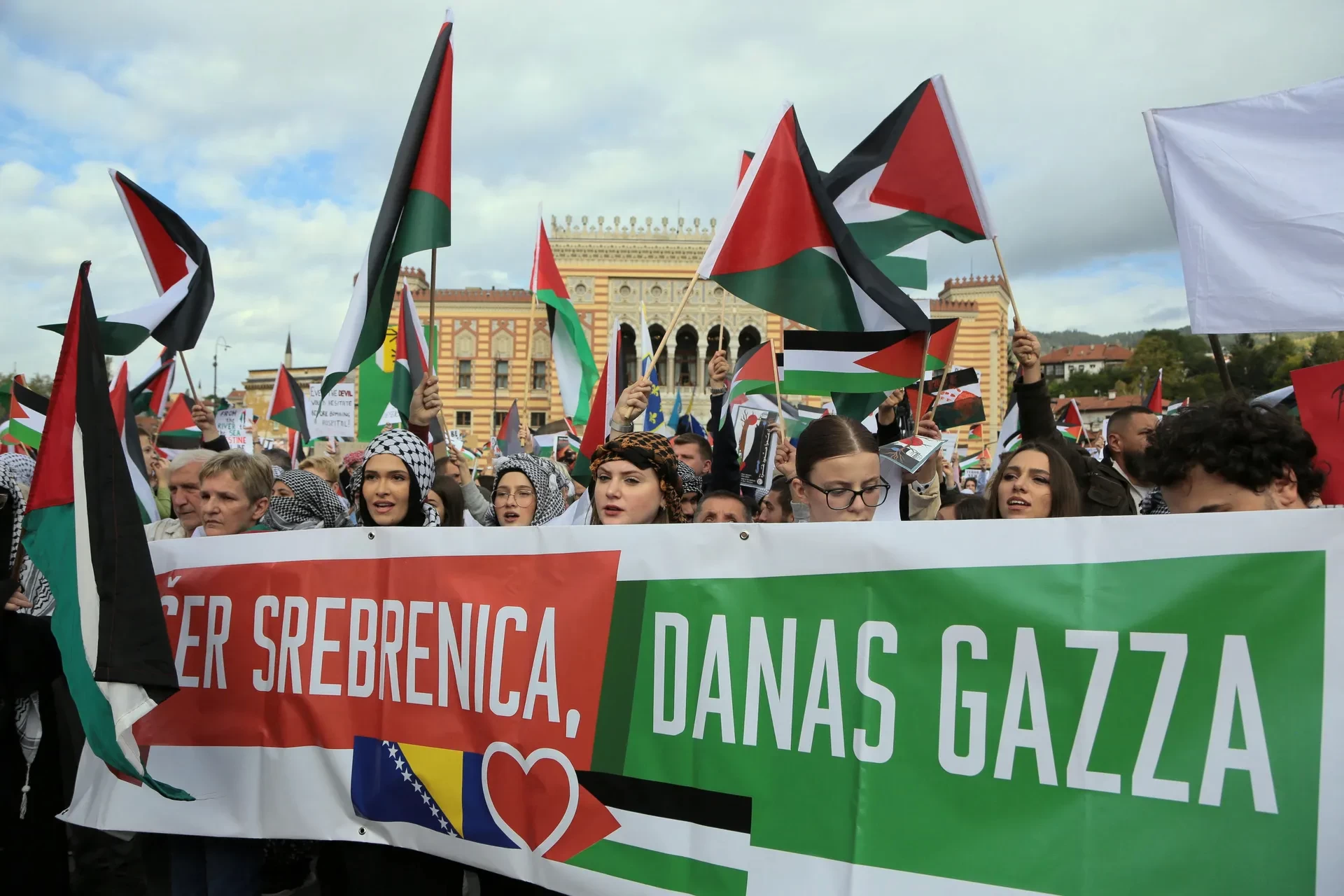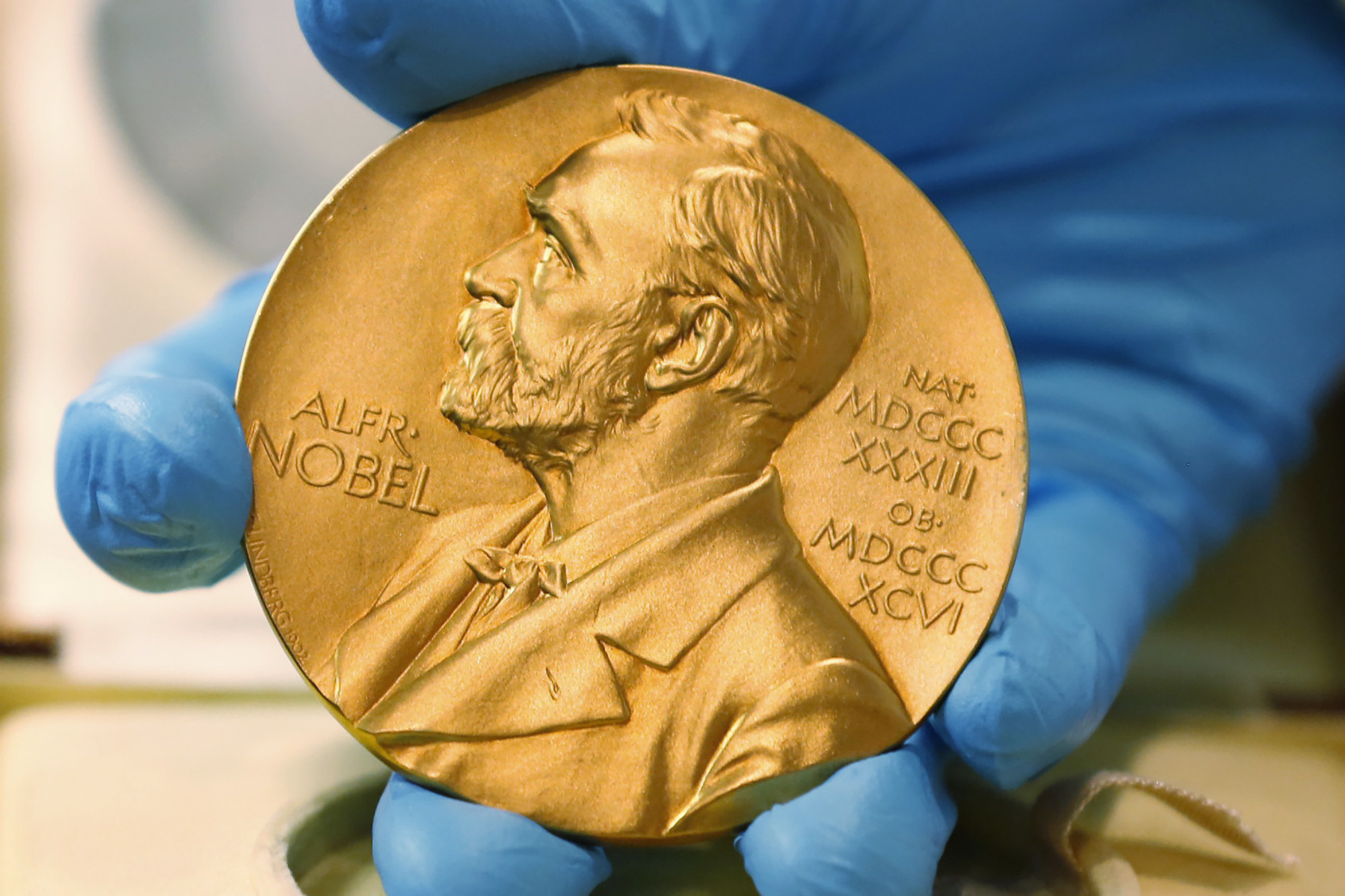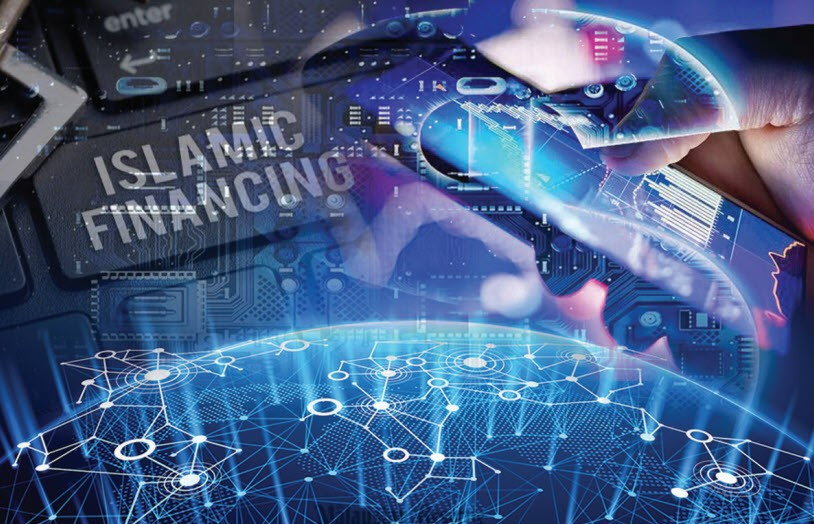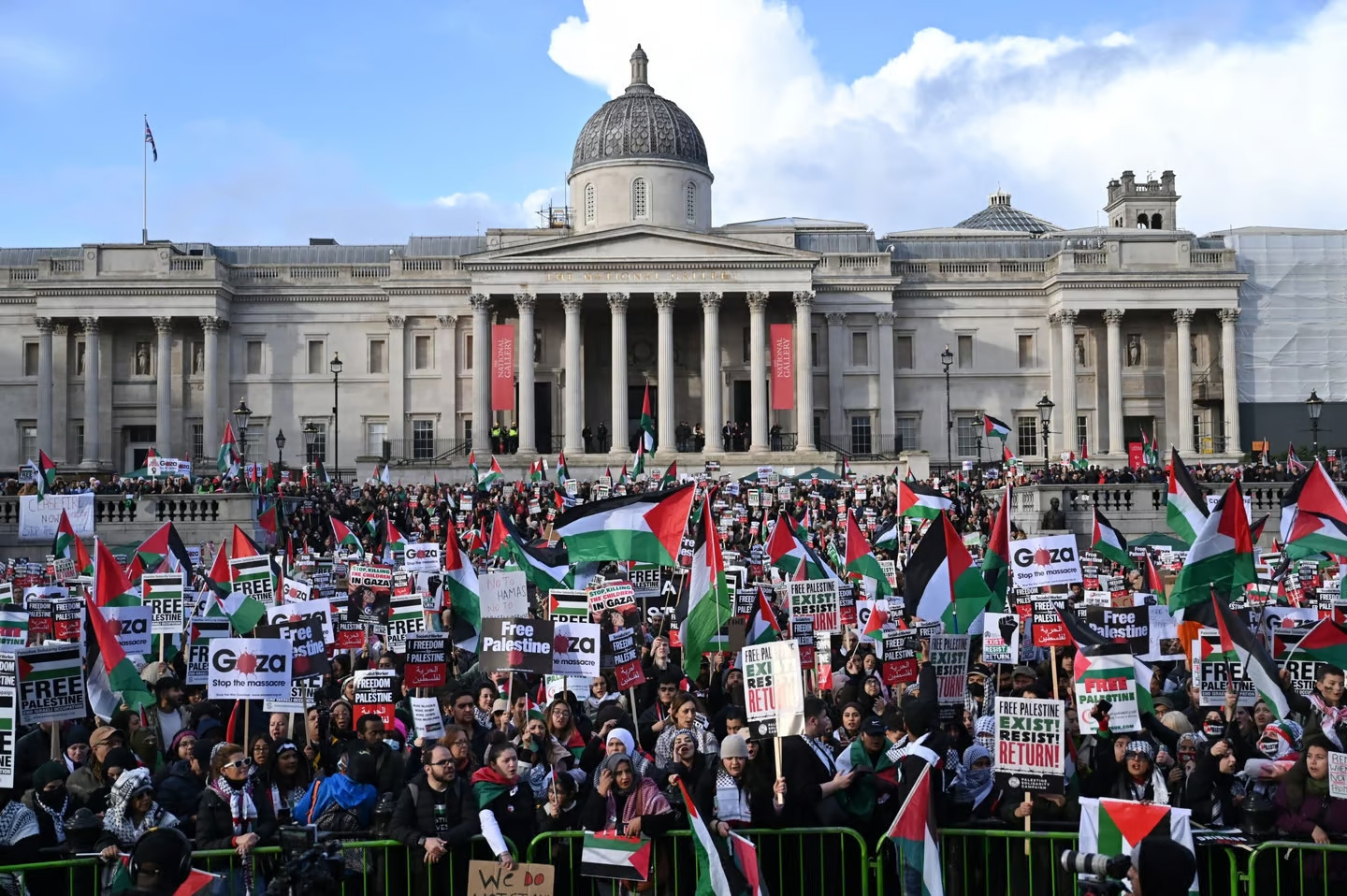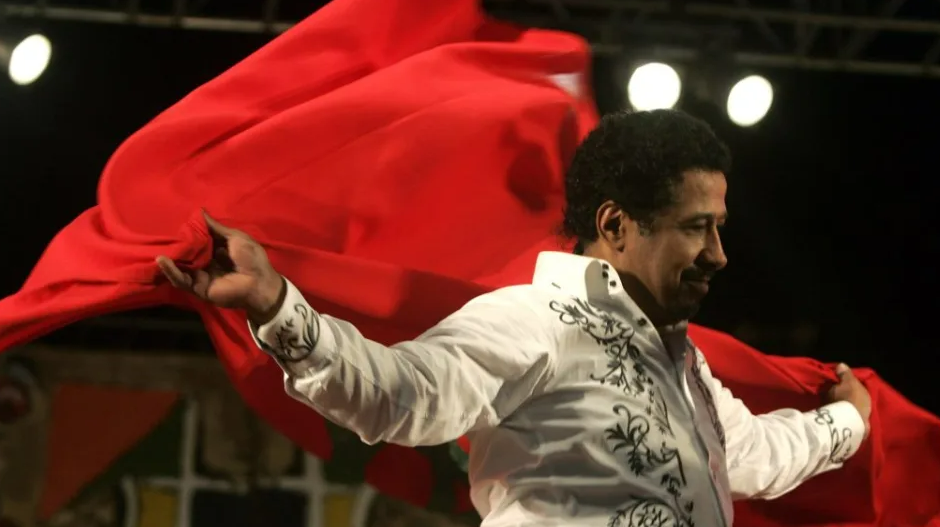
The Role of Islamic Social Finance in Humanitarian Crises
Humanitarian crises have become increasingly prevalent today, demanding effective and innovative solutions to alleviate suffering and support affected communities. This essay explores the role of Islamic social finance in addressing humanitarian crises. It delves into the historical background of Islamic social finance, highlighting its deep roots in Islamic teachings and its focus on building resilient communities. The essay also showcases pioneer organisations such as the Islamic Development Bank and Islamic Relief Worldwide that have significantly advanced Islamic social finance. It highlights Muslim awareness of Islamic social finance and the interest among Muslims in implementing its principles. The essay also examines the roles of microfinance examples and crowdfunding platforms, such as LaunchGood, in facilitating Islamic social finance for humanitarian causes. Finally, it discusses the positive impact of Islamic social finance during recent crises, including the Covid-19 pandemic and Turkey's 2023 earthquakes.
Definition of Islamic social finance
Islamic social finance refers to financial mechanisms and practices rooted in Islamic principles that address social and humanitarian needs within Muslim communities and beyond. Those financial mechanisms are guided by Islamic principles, including Zakat, Sadaqah, Waqf, and Qard al-Hasan. These instruments promote social welfare, poverty alleviation, and sustainable development. Unlike conventional finance, Islamic social finance prioritises equitable resource distribution and addressing societal needs.
Zakat, a mandatory form of giving, involves collecting and distributing a specified portion of wealth to assist the poor and those in need. On the other hand, Sadaqah is voluntary giving beyond the obligatory Zakat, often contributing to various charitable causes. Waqf refers to the endowment of assets such as land, buildings, or funds, with the income generated being utilised for charitable purposes. Qard al-Hasan refers to interest-free loans given to needy individuals or communities, promoting financial inclusion, and reducing economic disparities.
Historical background of Islamic social finance
Islamic social finance has deep historical roots dating back to the era of Prophet Muhammad (peace be upon him) and the early Islamic period. The Prophet[1] emphasised the importance of charity and generosity, setting a precedent for the practice of Islamic social finance. The institution of Zakat, one of the five pillars of Islam, was established to provide for people in need and promote wealth redistribution. Additionally, the concept of Waqf emerged during the early Islamic period, establishing endowments to support various societal needs, such as education, healthcare, and social welfare.
Muslims’ awareness of Islamic social finance and interest in practices
Muslims have a significant level of awareness and knowledge regarding Islamic social finance. The teachings of Islam encourage Muslims to engage in acts of charity and give to those in need. Efforts are being made by religious scholars, organisations, and educational institutions to promote understanding and facilitate the implementation of Islamic social finance principles.
Islamic social finance refers to financial practices and instruments that comply with Islamic principles and values. It includes concepts such as Islamic banking, Islamic microfinance, Islamic insurance (Takaful), and Islamic philanthropy. These practices are based on Shariah (Islamic law), which prohibits the charging or paying interest (riba) and promotes social welfare and ethical conduct.
Muslim awareness of Islamic social finance varies depending on factors such as geographic location, cultural background, and level of education. (D. Hadji Latif, 2019) Muslims are generally familiar with the basic principles of Islamic finance, including the prohibition of interest. Islamic banking has gained significant attention and popularity worldwide in Muslim-majority countries and communities.
Implementing Islamic social finance and pioneer organisations worldwide
Islamic social finance is implemented globally through various organisations and institutions promoting social welfare. Notable examples include the Islamic Development Bank (IsDB) and Islamic Relief Worldwide. Islamic Development Bank (IsDB): Established in 1975, the IsDB is a multilateral development financial institution based in Jeddah, Saudi Arabia. It aims to foster economic development and social progress in member countries by providing financial assistance and support for various projects and initiatives. The IsDB promotes Islamic finance principles and has been instrumental in advancing the growth of Islamic banking and finance globally. (“About IsDB,” n.d.)
Islamic Relief Worldwide: Islamic Relief is an international humanitarian organisation that aids and supports needy communities. It operates in over 40 countries and implements various development projects and relief programs. Islamic Relief promotes Islamic social finance principles by incorporating Zakat and Sadaqah in its projects and fundraising efforts. (“About the Islamic Relief,” n.d.)
These are just two examples of organisations that have played a pioneering role in Islamic social finance. Numerous other Islamic banks, microfinance institutions, and philanthropic organisations globally are dedicated to promoting and implementing Islamic finance principles.
Mobilising resources for humanitarian crises
Islamic social finance offers a unique approach to mobilising resources during humanitarian crises, ensuring efficient allocation and distribution.
- Zakat as a Catalyst: Zakat can be a significant catalyst in mobilising resources during crises. By implementing proper collection and management systems, zakat funds can be channelled toward critical areas such as healthcare, food security, shelter, and education for affected communities.
- Waqf as a Sustainable Resource: with its perpetual nature, Waqf provides a sustainable and continuous funding source. During crises, waqf assets can be strategically utilised to address urgent needs, while the income generated can support ongoing relief efforts and sustainable development. Especially in the Ottoman era, Waqf’s works flourished, contributing to the establishment of educational institutions, hospitals, and charitable organisations for the benefit of the community. (Abdul Latif, Nik Din, & Mustapha, 2018)
- Sadaqah as Immediate Assistance: Sadaqah is an immediate assistance mechanism during humanitarian crises. It enables individuals to respond swiftly to emergencies, providing essential relief to affected populations. Sadaqah funds can be utilised for emergency healthcare, shelter, and other immediate needs.
Importance of microfinance for tackling humanitarian crises
Microfinance addresses humanitarian crises by empowering individuals and communities to rebuild their lives with dignity and resilience. In the wake of natural disasters or conflicts, access to traditional banking services may be severely disrupted, leaving people unable to sustain themselves and their families. Microfinance institutions step in to fill this gap, offering small loans, savings accounts, and financial services tailored to the unique needs of those affected by crises. By providing individuals with access to capital, microfinance enables them to start or revive small businesses, secure livelihoods, and regain control over their futures. This helps the immediate recovery process and lays the foundation for long-term economic stability and self-sufficiency in affected communities.
Through its empowering and inclusive nature, microfinance becomes a powerful tool for combating the impacts of humanitarian crises and fostering sustainable development. Turkish institutions working hard to solve many regional humanitarian problems contain exceptional examples of microfinance applications. Since the Syrian civil war began, the Turkish Red Crescent has provided vocational training courses and working opportunities, especially for refugee women. (Sabah, 2019) The Turkish Cooperation and Coordination Agency (TIKA) supports many peer-reviewed microfinance studies to mitigate the effects of the crises. (TİKA, 2022)
Besides these institutions, South Asia and Southeast Asia are the first regions that come to mind regarding microfinance applications worldwide. Akhuwat, one of the successful microfinance implementing institutions, has been leading the way in this field since 2001, especially in Pakistan, with its 800 branches. (Akhuwat, 2022) Akhuwat continues to make programs to alleviate the crises in its region, especially during natural disasters.
The crowdfunding platforms’ roles in humanitarian crises
Crowdfunding platforms have emerged as valuable tools for Islamic social finance, providing platforms such as LaunchGood. LaunchGood is a global crowdfunding platform focused on Islamic charitable projects. It enables individuals to raise funds for various causes such as disaster relief, healthcare initiatives, education, and community development. By fostering a sense of community and transparency, LaunchGood facilitates impactful giving. The platform ensures that campaigns adhere to Islamic values and principles, promoting ethical fundraising practices. It also provides a platform for individuals to engage with projects. It causes that resonate with their values, promoting a sense of ownership and shared responsibility within the global Muslim community. The recent Sudan military crisis could be a new example of this. LaunchGood immediately started to flash campaigns with its partners to tackle the crisis's adverse effects. (Sudan Crisis | LaunchGood, 2023)
The positive impact of Islamic social finance during recent crises
Islamic social finance has demonstrated its positive impact during recent crises, including the Covid era and Turkey's 2023 earthquakes. In response to the Covid-19 pandemic, NGOs such as Islamic Relief and Muslim Hands launched initiatives to provide healthcare equipment, food aid, and support to affected communities globally. (Muslim Hands, 2020) These organisations efficiently channelled resources to provide emergency relief and essential services by leveraging Zakat and Sadaqah. The Islamic Development Bank Group, with the Islamic Solidarity Fund initiated by the Organization of Islamic Cooperation, has launched a $2.3 billion aid program, primarily to distribute to underdeveloped member countries, in line with the Covid pandemic period measures and needs (OIC, 17.05.2020). Aid to Gambia and Lebanon can be an example in this context (UNA-OIC, 13.08.2020),(UNA-OIC, 21.10.2020).
During the Türkiye 2023 earthquakes, Islamic social finance institutions mobilised resources to provide immediate relief, including shelter, medical aid, and rebuilding efforts. Qatar Charity, Turkish Red Crescent, and local organisations facilitated effective responses and long-term recovery programs (Qatar Charity, 2023) (Kızılay, 2023). Qatar was on the ground to help earthquake victims with almost all its institutions. Qatar renovated and furnished 10,000 mobile homes used in the 2022 World Cup and sent them to earthquake victims. (AlJazeera, 2023)
As an example of the collective aid movement during the earthquake, Turkey, Syria, and Lebanon earthquake survivor campaigns, which LaunchGood led, can be an example. With the earthquake help call that started quickly, more than 8.5 million dollars of aid was collected and continues to be collected with more than 70 campaigns. (Earthquake Relief | LaunchGood, 2023.) Most aid is delivered to those in need with local partners.
Conclusion
In conclusion, Islamic social finance addresses humanitarian crises by mobilising resources, promoting equitable distribution, and fostering sustainable development. It empowers communities, strengthens social cohesion, and has a deep historical foundation in Islamic teachings. Pioneer organisations like the Islamic Development Bank and Islamic Relief Worldwide have been instrumental in advancing Islamic social finance principles globally. Muslims have shown awareness and interest in Islamic social finance, with ongoing efforts to promote understanding and implementation. Crowdfunding platforms like LaunchGood facilitate impactful giving and community engagement. Recent crises have demonstrated the positive impact of Islamic social finance in providing relief and supporting long-term recovery. Islamic social finance is a powerful tool for addressing humanitarian challenges and fostering resilient communities.
References
Abdul Latif, S., Nik Din, N. M., & Mustapha, Z. (2018). The Role of Good Waqf Governance in Achieving Sustainable Development. Environment-Behaviour Proceedings Journal, 3(7), 113. https://doi.org/10.21834/e-bpj.v3i7.1292
About IsDB. (n.d.). Retrieved from https://www.isdb.org/who-we-are/about-isdb
About the Islamic Relief. (n.d.). Retrieved May 31, 2023, from https://islamic-relief.org/about-us/our-history/
Al-Awlaqi, M. A., & Aamer, A. M. (2022). Islamic financial literacy and Islamic banks selection: an exploratory study using multiple correspondence analysis on banks’ small business customers. International Journal of Emerging Markets. https://doi.org/10.1108/ijoem-09-2021-1354
Akhuwat Islamic Microfinance - Akhuwat | Islamic Micro Finance. Retrieved from https://akhuwat.org.pk/akhuwat-islamic-microfinance/
Can Islamic social finance be the key to end poverty and hunger? (2019, March 27). Retrieved from https://blogs.worldbank.org/eastasiapacific/can-islamic-social-finance-be-key-end-poverty-and-hunger
Hadji Latif, S. (2019). Awareness and Perceptions of Muslim Society towards Islamic Banking in the Philippines. International Journal of Islamic Economics and Finance (IJIEF), 1(2). https://doi.org/10.18196/ijief.1211
Earthquake victims - Qatar Charity. (n.d.). Retrieved from https://www.qcharity.org/en/qa/campaign?campaignId=498
Husin, M. M. (2021, November 16). Islamic Social Financing: Protecting Economies and Communities in the COVID-19 Era and Beyond. Retrieved from https://ethis.co/blog/islamic-social-finance-covid-19/
Islamic finance for social good | United Nations Development Programme. (2019, January 23). Retrieved from https://www.undp.org/blog/islamic-finance-social-good
Kızılay, T. (2023). Türk Kızılay is Always There For Easthquake Victims-25.4.2023. Retrieved from https://www.kizilay.org.tr/Haber/KurumsalHaberDetay/7313
Kuanova, L. A., Sagiyeva, R., & Shirazi, N. S. (2021). Islamic social finance: a literature review and future research directions. Journal of Islamic Accounting and Business Research, 12(5), 707–728. https://doi.org/10.1108/jiabr-11-2020-0356
Muslim Hands Press Release: Our Response to the Coronavirus Pandemic. (2020, March 26). Retrieved from https://muslimhands.org.uk/latest/2020/03/press-release-uk-charity-pledges-800000-to-support-those-affected-by-pandemic
OIC (17.05.2020). OIC Islamic Solidarity Fund Delivers First Tranche of Coronavirus Urgent aid to Least Developed Member States. https://www.oic-oci.org/topic/?t_id=23417&t_ref=14011&lan=en , 25.05.2023.
Qatar ships World Cup portable homes to quake-affected Turkey. (20235, March 5). Retrieved from https://www.aljazeera.com/news/2023/3/5/qatar-ships-world-cup-portable-homes-to-quake-affected-turkey, .
Qatar to send 10,000 mobile homes for quake victims in Syria, Turkey . (n.d.). Retrieved from https://www.aa.com.tr/en/middle-east/qatar-to-send-10-000-mobile-homes-for-quake-victims-in-syria-turkiye/2809806
Sabah, D. (2019, January 2). Lifelong learning classes give Syrian refugees chance to socialize. Retrieved from https://www.dailysabah.com/education/2019/01/03/lifelong-learning-classes-give-syrian-refugees-chance-to-socialize
Shakirah, A. (2023, February 13). The Role of Waqf in Healthcare | Ethis Blog. Retrieved from https://ethis.co/blog/waqf-role-healthcare/
Sudan Crisis | LaunchGood. (n.d.). Retrieved from https://www.launchgood.com/sudancrisis , 24.05.2023.
TİKA and Turkish Red Crescent’s Vocational Training Support in Sudan Continues - TİKA. (2022, November 21). Retrieved from https://www.tika.gov.tr/en/news/tika_and_turkish_red_crescent_s_vocational_training_support_in_sudan_continues-73931, 24.05.2023.
UK coronavirus response. (n.d.). Retrieved from https://www.islamic-relief.org.uk/giving/areas-of-work/united-kingdom/uk-coronavirus-response/ , 23.05.2023.
UNA-OIC (21.10.2020). OIC Islamic Solidarity Fund Offers Grant to Gambia in Support of Fight Against COVID-19. http://una-oic.org/page/public/news_details.aspx?id=321918 , 25.05.2023.
UNA-OIC (13.08.2020). OIC Approves Emergency Aid for Lebanese People through Islamic Solidarity Fund. http://una-oic.org/page/public/news_details.aspx?id=308696 , 25.05.2023.
Urgent Earthquake Relief: Turkey , Syria & Lebanon | LaunchGood. (06.02.2023). Retrieved from https://www.launchgood.com/EarthquakeRelief , 24.05.2023.
[1] Prophet Muhammad(saw) said, “Protect yourself from hell-fire even by giving a piece of date as charity.” (Al-Bukhari and Muslim). “Do not show lethargy or negligence in giving alms and charity till your last breath.” (Bukhari and Muslim)
Serdar Bayram
Serdar Bayram kendini, on yılı aşkın bir süredir uluslararası sivil toplum kuruluşlarında yöneticilik ve mentörlük hizmeti vermiş, bir vakıf emekçisi olarak tanımlıyor. Marmara Üniversitesi Siyaset Bilimi ve Uluslararası İlişkiler mezunu olan Serdar ...
 Serdar Bayram
Serdar Bayram